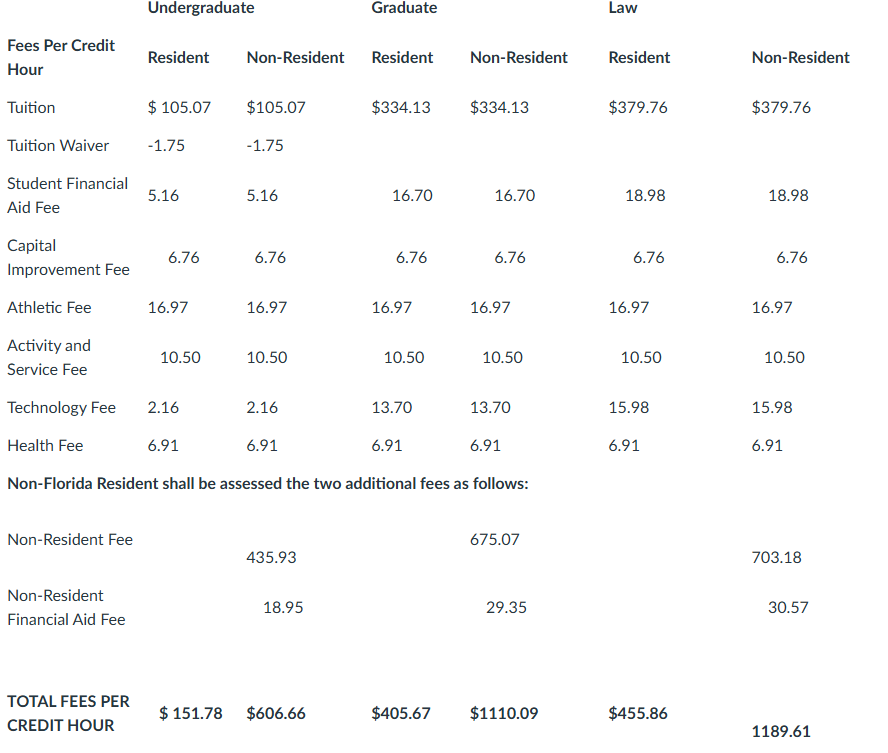Being the last month of the year, December ushers in the new and releases the old, inviting the New Year.
Making resolutions offers a sense of purpose and anticipation of changes for the future. As college students, change is something that many are aware of and sometimes afraid of due to unforeseen fears that lie in the abyss.
By creating personal resolutions, students at Florida A&M University aim to produce a more fruitful year.
Resolutions are typically personal, consisting of goals vowed upon, hoping to build healthier habits and bring positive change. However, as young adults, this can prove to be easier said than done, and discipline is needed to see transformative changes through.
According to The Economist, the idea and concept of New Year’s Resolutions dates back to the Babylonians. Resolutions for college students range from obtaining better structure to everyday life, studying more, and getting more rest.
Over the past five years, the top five New Year’s Resolutions have been dedicated to personal health, such as exercise, weight loss, and better eating habits, followed by budgeting, living goals, socializing and exploring hobbies.
Many notice significant changes with consistent effort, while others may struggle to maintain their aspirations.
Several experts have found the time frame required to build and break habits varies, ranging from 18 to 254 days.
As college students, the to-do list is ever-changing and continuously growing. Assignment deadlines, socializing, work, and being “present” are all often discussed goals, with the primary end goal being graduation.
So how can college students create New Year’s Resolutions and stick to them?
Students at FAMU shared their Resolutions, hoping to bring change into existence and for their actions to follow.
“My New Year’s Resolution is to do better than I did last semester,” Joshua Morain, a third-year Public Relations student, said. “Finding a good work-life balance for myself is also significant, as I struggled a bit with that this year.”
Finding the perfect balance between schoolwork, socializing, and personal time is challenging, as each requires discipline and time. Time is stretched thin between desires and needs, placing students in realistic scenarios and encouraging the importance of prioritizing.
Investing in a personal yearly planner is an excellent way to become more in tune with the everyday obligations of a college student and find some peace within organized chaos. Yearly planners are fun, offering the opportunity to keep up with daily agendas and schedules for assignments, events, and daily necessities.
Writing has proven to help bring clarity but also makes it easier to take steps toward achieving a specific goal.
Socializing is Good for the Soul
For some students, like third-year broadcast journalism student Cynthia Frage, their New Year’s Resolution includes becoming more socially active on campus.
“I transferred last year, and it’s been difficult for me, adjusting socially, and I want to change that,” Frage said.
Finding the perfect social setting as a transfer student is exciting but emotionally taxing. Most social circles are cliquish and already made based on shared values, classification, and other factors, leaving transfer students in the wing.
Luckily, there’s a campus office and organizations dedicated to transfer students so they can become accustomed to campus life at FAMU.
A transfer peer mentor program is also available, along with an honors society dedicated to transfer students, the transfer student association and more.
Other ventures could lead to promising bonds and connections, such as campus events and hobbies that align with personal values or interests.
Frage is not the only student who feels this way.
Alexis Rejouis, a senior broadcast journalism student, also hopes to see positive change in the near and distant future regarding opportunities to socialize and make friends. Rejoius says her main goal was to be in her intended career field.
“I want to become a better storyteller,” Rejoius said. “And to do so, I plan on being more involved with the multimedia stations on campus to help me sharpen my skills.”
Dedication Leads to Success
Practice makes perfect, right?
College students are given a small taste of the natural world by navigating their field of study through internships, opportunities to write articles and shadowing professionals. However, as seemingly straightforward as these tasks are, they are sometimes competitive and sometimes intimidating.
Another added layer of complexity is being a student at a Historically Black College or University, as the way of life is somewhat “different” than that of neighboring institutions.
Tenacity and the drive to accomplish goals can and will take you far. Committing to a plan or a dream or transitioning your current life circumstance opens the pathway to tips and people willing to assist. Tools such as Grammarly, the FAMU Writing Center, books and websites can help.
A New Day, a New Opportunity
New Year’s resolutions are traditional, allowing many people of different age groups and cultural backgrounds to set personal goals in the New Year.
Some goals are universal, such as working out more, while others are more personal and sentimental. Despite good intentions, struggles sometimes arise due to everyday life, which can cause distractions from reaching goals.
Resources are readily available and can be found through research and networking for college students. Students can seek a form of organization, achieve academic success and form healthy bonds and relationships with peers.
New Year’s Resolutions may be labeled trendy or useless since sticking with them is hard, but changes are possible. Adjustments can be made to resolutions throughout the year to reflect life’s current circumstances to meet personal standards.
So, if you’re ever feeling down about not sticking to the script, just remember people have been making and breaking their New Year’s Resolutions since early civilization.














